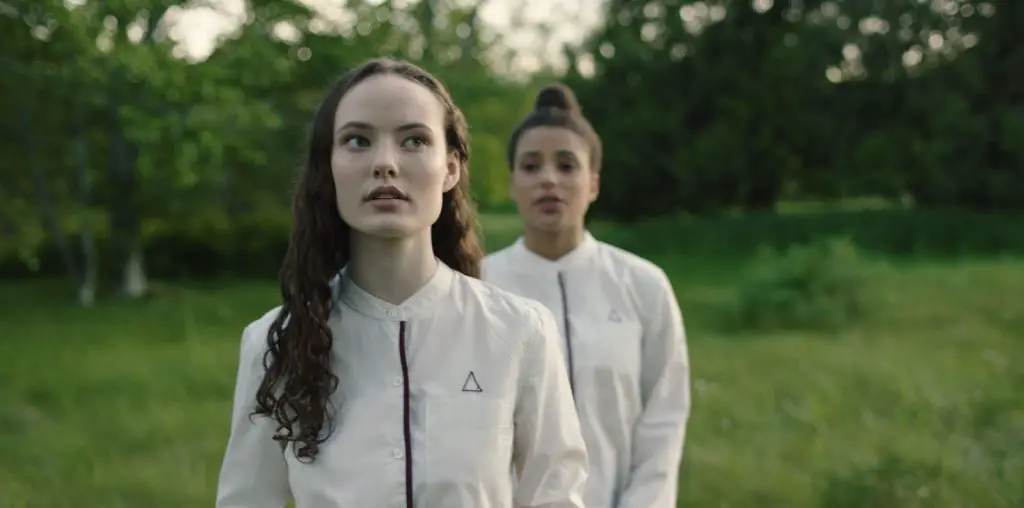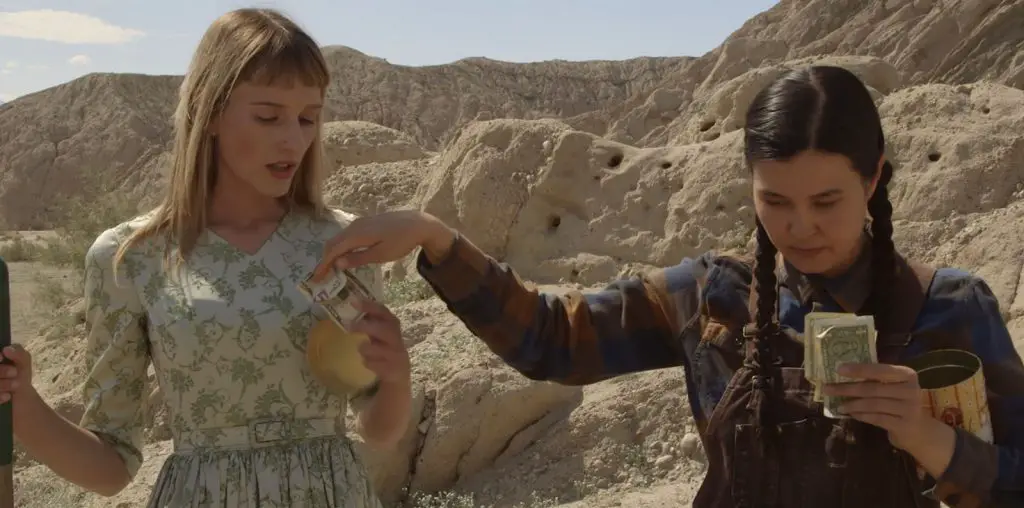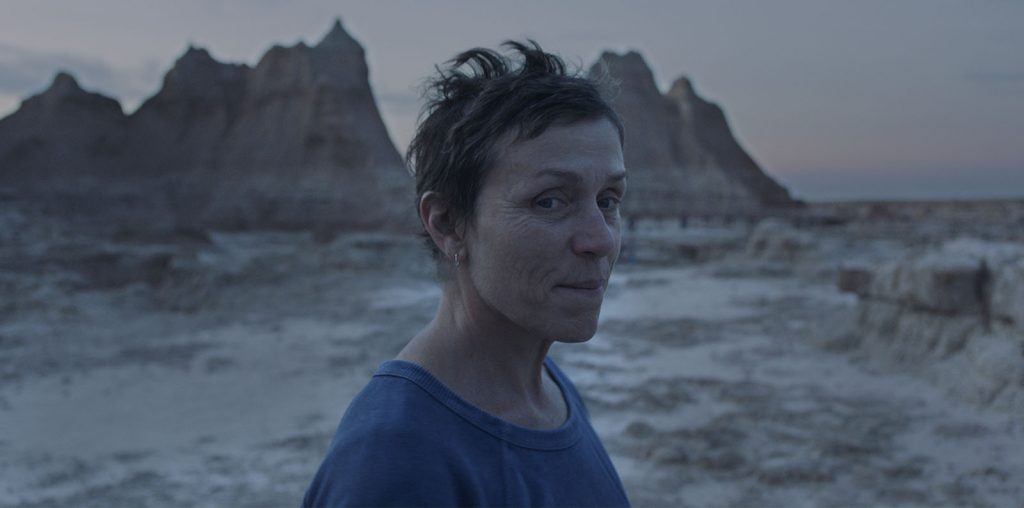
Of the three tales at play, by far and wide, the best is Paul and Kayla’s. For one, Wethern and Willer’s chemistry is magnetic, instantly making the audience root for them as a couple. Wethern’s physical comedy as he gets distracted by her is excellent. When Willer is describing the possible “what if” scenarios of a story about a regular, it is heartbreaking and intense in all the right ways. Secondly, it is the most complete and whole. Paul’s backstory with the algorithm he is working on, and his struggles with the screenplay paint a fully developed person. Kayla proves just as three-dimensional when she admits she crafts stories for all the regulars at the coffee shop. If Incompleteness were just about these two, it’d be one of the most exciting and intriguing shows (?) out there.
For ostensibly being the lead, Alex is less developed. He is understandably obsessed with the two films he’s directing, as he knows time is running out. This leads to him ignoring his wife, whose only trait is to be super frustrated by his current actions. Perhaps seeing them together before the cancer came back, or on the beach vacation, which we only see photos of, would strengthen their relationship. Please don’t misunderstand, their actions make sense given what we know, but it is missing that vital backbone for the deterioration to make sense. Happily, Matt Bailey and Bethany Ford Binkley elevate the underwritten parts into something desperate, yearning, and at their wit’s end.
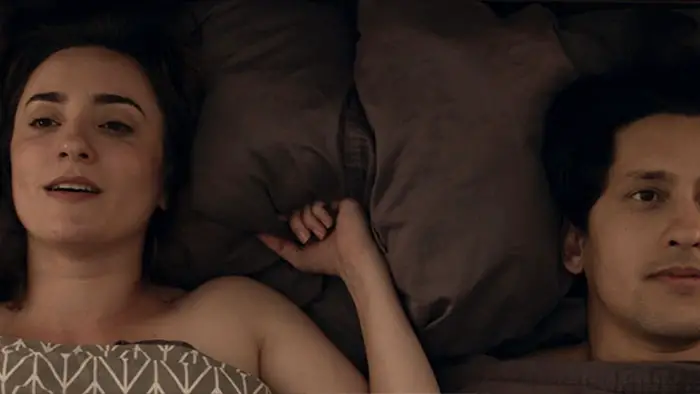
“…Wethern and Willer’s chemistry is magnetic…”
The final story, that of the lead actors, is the cinematic equivalent of a shrug. There is nothing inherently wrong with it – the actors are decent, though not spectacular; the alternating realities fit because it is present in the other stories as well, though it does not add anything here; the characters’ will they/won’t they has no weight to it; its resolution happens with little fanfare or consequence. If this tale had been omitted entirely, it would have freed up time to get to know Alex and Jodi, strengthening their pretty solid scenes overall. Plus, it could allow for another scene (or 100) between Paul and Kayla; seriously, those two actors as these characters are so brilliant together it is jaw-dropping.
For unclear reasons, Ash is billing this 110-minute opus as a series, with the full title being Incompleteness Part 1. While the number of parts remains to be seen, for example’s sake, let’s go with five overall. If each one runs for roughly the same length, that is close to 10-hours worth of material. Unless there’s a complete retooling, or how each story directly impacts the others (the actors’ segment does not steer the other stories at all) is focused on more, the show will get repetitive, and even the excellent acting and rather clever dialogue will not save it.
While one of the stories feels like padding in something that did not need it, due to a smart script, fantastic direction, and an amazing cast, Incompleteness is a unique, absorbing watch. It is worth the time commitment just for the stuff between Paul and Kayla, which is electrifying. That there is plenty of good surrounding it is just icing on the cake.
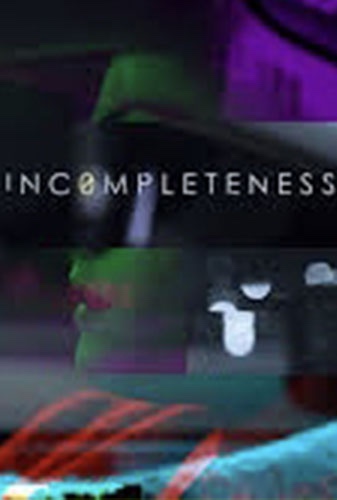
"…a branching narrative style a la Run Lola Run without a proper reset."
